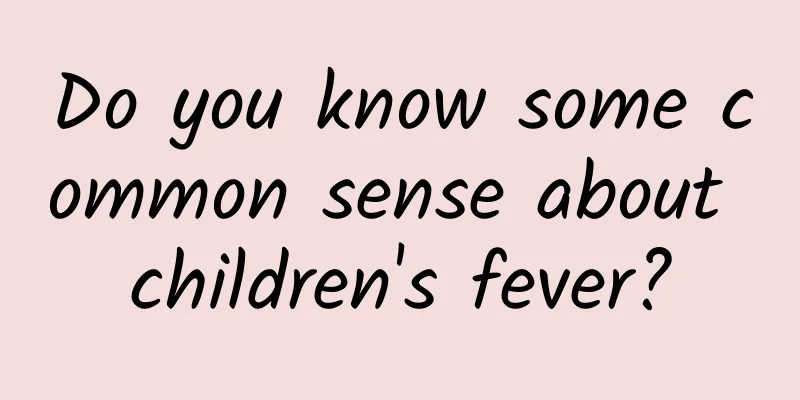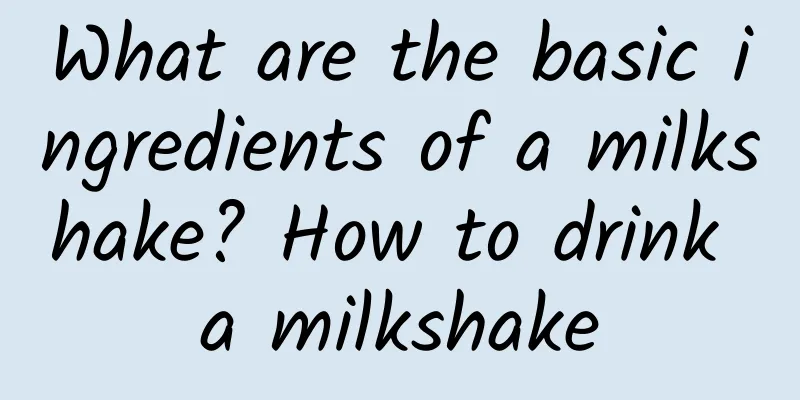Do you know some common sense about children's fever?

|
Science Fiction Network, December 22 (Jin Kaiyi) Fever is the body's defensive response to disease. In children, many diseases can cause fever symptoms. Are you clear about several issues about children's fever? There are generally three stages of fever in the human body. The first is the period of rising body temperature, when the body's heat production is higher than the heat dissipation, and symptoms such as chills and shivering are prone to occur; the second is the period of stable body temperature, when heat production and heat dissipation tend to be balanced at a higher level, chills decrease, and symptoms such as headache, nausea, vomiting, and fatigue may occur; the third is the period of falling body temperature, which is what we often call the antipyretic period, when heat dissipation is higher than heat production and the body temperature gradually drops. We often hear that "it is recommended to use antipyretics when the child's temperature exceeds 38.5℃." So, does it have to be 38.5℃ before taking the medicine? In addition to the body temperature, it is equally important to observe the child's mental state and the child's subjective symptoms. If the child's temperature is less than 38.5℃, but he has shown symptoms such as lack of energy, sluggishness, and muscle aches, you can give the child antipyretics. When the child's temperature exceeds 38.5℃, but his mental state is still good and he does not feel any discomfort, you can consider not taking antipyretics for the time being. The purpose of taking antipyretics is mainly to increase the comfort of children and let them spend the fever period safely and comfortably, rather than simply pursuing the goal of lowering the body temperature to normal. Under normal circumstances, after taking antipyretics, the body temperature may only drop by 1 to 2°C. Parents only need to closely observe whether their children have any special circumstances. The degree of fever is not absolutely related to the severity of the disease. A low body temperature does not mean that the disease is necessarily mild, and a low temperature does not mean that the disease is necessarily severe. Why can't we take two antipyretics alternately or at the same time? Taking two antipyretics at the same time will increase the burden on the child's liver and kidneys and cause adverse reactions; it is also not recommended to use two antipyretics alternately, because it does not increase the antipyretic effect, but may make the time wrong and increase the possibility of drug overdose. In addition, physical cooling with cold water or alcohol may increase the child's discomfort, and wiping with cold water is not conducive to reducing fever. Do not bathe your child with alcohol, because alcohol will be absorbed through the skin and may cause damage to the child. Physical cooling is usually used when rapid cooling is required in an emergency, such as when heat stroke occurs. If you find that your child's hands and feet are cold, you can rub them to warm them up or wrap them with a towel to help dilate blood vessels and help dissipate heat. |
<<: In winter, health preservation is the key
>>: IDC: Samsung sold 2.93 billion mobile phones in the past decade, 33% more than Apple
Recommend
Ding Dong! You have a recipe for patients with upper gastrointestinal bleeding. Please check it.
Author: Yang Li, The Fifth Medical Center, PLA Ge...
Can I eat onions during confinement?
After giving birth, women are very weak and need ...
Is it useful to take emergency contraceptive pills after ovulation?
What is the use of taking birth control pills dur...
Symptoms of kidney deficiency in menopausal women
When women reach a certain age, they will experie...
Why is breast cancer more likely to occur during lactation?
Nowadays, cancer has become the biggest scourge t...
Picture of a woman with hands that look like dried ginger
What is the fortune of a lady whose hands look li...
What should I do if my period is still not over after eight days?
Menstruation should accompany women for decades, ...
Frequent urination at night, is it a sign of kidney problems?
Netizen question: My dad has been having to get u...
What are the dangers of having sex one month after abortion?
Many female friends, due to lack of knowledge in ...
What is the cause of occasional breast pain?
Women's breasts are very prone to various bre...
There is a trick to remove uterine fibroids
Uterine fibroids are a common disease in women. U...
What are the solutions for diseases caused by confinement?
As we all know, there are many taboos for women d...
Can pregnant women eat mulberries?
The diet of pregnant women needs special adjustme...
What should I do if my vagina is a little itchy and a little burning?
The reason why women are more susceptible to gyne...
What to do if the cervix is eroded and enlarged
Cervical erosion and hypertrophy is a relatively ...









